Resolutions vs. Goals: Which One Supports Your Mental Health?
At the start of every year, many of us feel the pressure to make resolutions. We vow to eat healthier, exercise more, or stop bad habits. But how often do these resolutions stick? More importantly, how do they impact our mental health?
The truth is, while resolutions can be inspiring, they often lead to feelings of failure and self-criticism when they aren’t achieved. Shifting your mindset from rigid resolutions to realistic, flexible goals can create a healthier relationship with self-improvement and have a positive impact on your mental well-being. Let’s explore the differences between resolutions and goals, and why goals may be better for your mental health.
Resolutions: Why They Can Be Harmful
A resolution is often a broad, definitive statement of change, like:
- "I will quit smoking."
- "I will lose 20 pounds."
- "I will stop procrastinating."
Resolutions tend to focus on outcomes, with an all-or-nothing mindset. They’re often built on perfectionism and unrealistic expectations. When we inevitably hit roadblocks, it’s easy to feel like we’ve failed — and that failure can harm our mental health.
Goals: A Healthier Approach to Self-Improvement
Unlike resolutions, goals are flexible and actionable. They focus on progress over perfection, which makes them more supportive of mental health. Goals are broken down into smaller steps, allowing you to celebrate incremental successes rather than focus solely on a final outcome.
Key Differences Between Resolutions and Goals
Aspect
Resolutions
Goals
Mental Health Impact
Approach
Rigid, all-or-nothing
Flexible, adaptable
Supports gradual progress
Why Goals Support Mental Health
Setting goals rather than resolutions has several mental health benefits:
1. Reduces Pressure: Goals are more forgiving. If life gets busy or unexpected challenges arise, you can adjust your goals without feeling like you’ve failed.
2. Builds Confidence: Reaching smaller goals along the way boosts your self-esteem and gives you a sense of accomplishment.
3. Encourages Progress, Not Perfection: Goals focus on consistent effort rather than a perfect outcome, which promotes a healthier mindset.
4. Allows for Self-Compassion: When you set flexible goals, you give yourself room to make mistakes and learn from them, which fosters self-compassion.
How to Set Mental Health-Friendly Goals
Here’s how to set goals that support your mental health:
1. Use the SMART Method
- Specific
- Measurable
- Achievable
- Relevant
- Time-bound
Final Thoughts: Choose Goals for Lasting Change
Resolutions may sound good in theory, but they often set us up for disappointment. Instead, choose goals that are actionable, flexible, and focused on progress. Goals support your mental health by reducing pressure, building confidence, and allowing for self-compassion.
Remember, meaningful change doesn’t happen overnight. It’s a journey of small steps, self-reflection, and personal growth. Choose progress over perfection, and prioritize your mental well-being every step of the way.
Community Partners
We couldn't serve our community without the help and support of our partners. Discover their offerings for additional resources.
All Rights Reserved | Night Owl Therapy 2024













